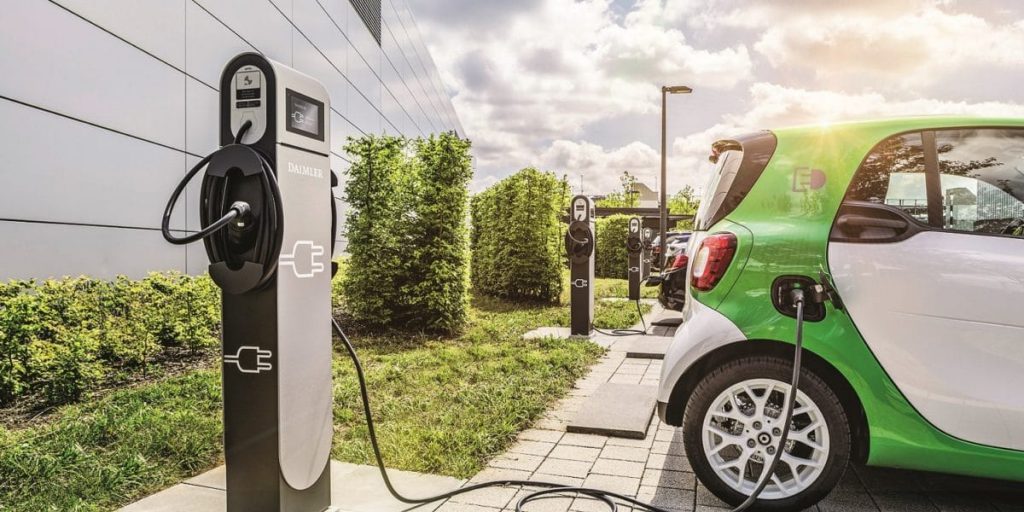
Smart City Solutions help local governments make cities smarter to foster a better quality of life through sustainable economic growth.With countries across the world witnessing rapid urbanization, there is unprecedented pressure on the city administrations, public utilities and services infrastructure. To accommodate the exponentially growing urban population in a sustainable and efficient manner, city governments need to harness next-gen technologies to create development strategies that are sure to deliver desired outcomes. Smart solutions for cities, along with e-governance, and new regulation framework will play a pivotal role in building cities of the future.
SMART BUS SHELTER
A smart bus shelter is an urban installation that changes the typical experience of wasting time waiting for a bus.These bus shelters gather real time information by establishing ICT enabled linkages with buses through GPS tracking and RFID tags. LED displays at bus shelters display the bus number of arriving buses for facilitating the users. Interactive touch screens in the bus shelter function as a city dashboard and act as an interface of the city with the users. It makes waiting for a bus no longer cumbersome or unreliable, but rather a fun activity.

Key Features
> A smart bus shelter provides real time information to the users: It provides transit data like route number of the next bus, arrival time for the next bus etc. or even available seats in the next bus. It improves the experience of bus travel.
> A smart bus shelter is a platform for urban informatics: It interacts with users by way of bus route guide, digital map, destination search, traffic broadcasting station, weather forecast etc. It is an interface through which the city can inform its citizens.
> A smart bus shelter is inclusive: It considers the requirements of differently-abled, women, children and the elderly. Braille boards and strategically placed buttons aid visually impaired to locate buses by way of touch and announcement. CCTV video recording ensures public safety.
> A smart bus shelter is more than a waiting place: It integrates components ranging from mobile charging points to public Wi-Fi to solar panels and much more.
EV CHARGING STATION

A charging station, also called electric vehicle charging station, electric recharging point, charging point, charge point, electronic charging station (ECS), and electric vehicle supply equipment (EVSE), is a machine that supplies electric energy to charge plug-in electric vehicles—including cars, neighborhood electric vehicles, trucks, buses and others.
Some electric vehicles have on-board converters that plug into a standard electrical outlet or a higher voltage outlet. Others use custom charging stations.Charging stations provide connectors that conform to a variety of standards. For common direct current rapid charging, chargers are equipped with multiple adaptors such as Combined Charging System (CCS), CHAdeMO, and AC fast charging.
Public charging stations are typically found street-side or at retail shopping centers, government facilities and parking areas.
